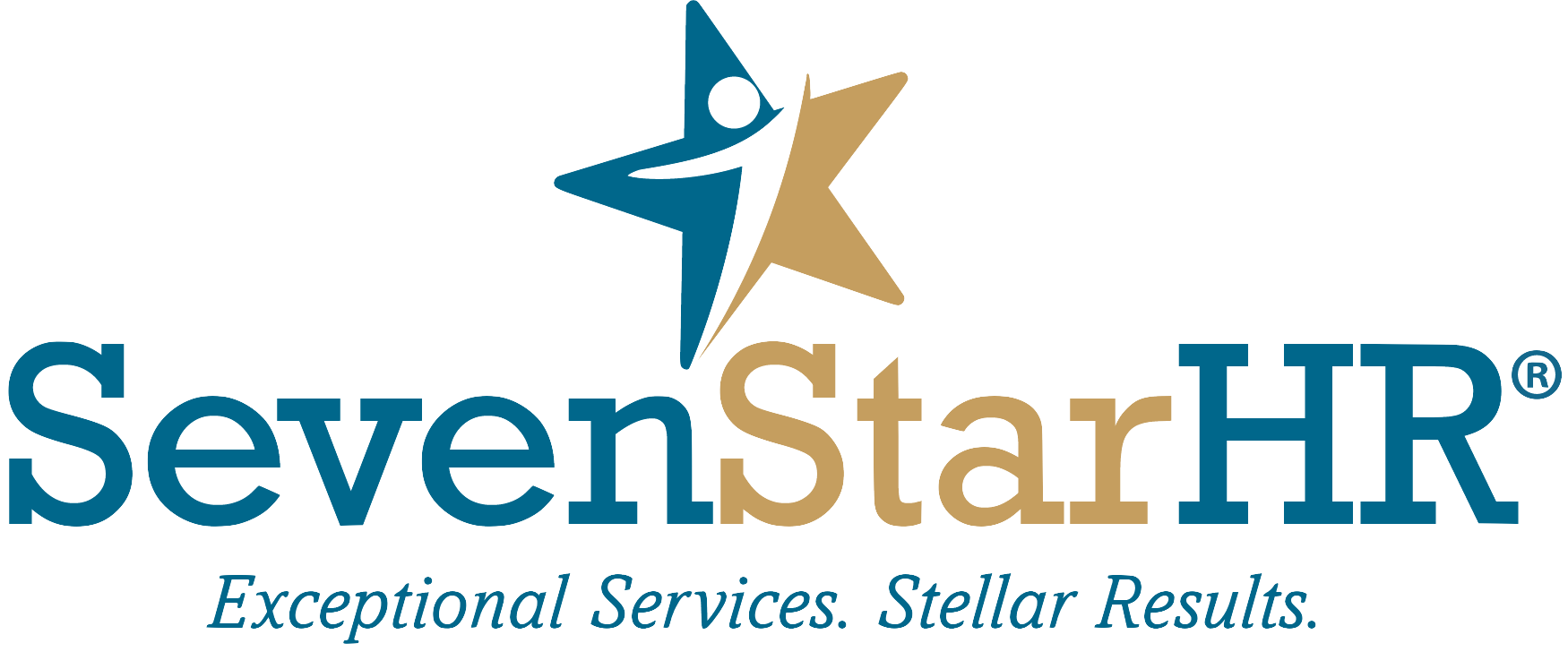Employment Law Landscape 2023: Key Changes and Implications for Businesses
We have some interesting insights to share with you from a recent report by labor and employment firm Littler Mendelson PC. They've gathered input from in-house attorneys, HR professionals, and C-suite executives across the U.S. to identify the top five employment law changes to keep an eye on over the next 12 months.
According to Littler's 11th annual survey, there are several evolving legislations that employers should be aware of. Let's take a closer look at the top five employment law changes that made the list:
Paid sick and family leave requirements
The survey found that the majority of employers (more than 70%) anticipate that paid sick and family leave requirements will have the biggest influence on their companies in the upcoming year. Additionally, 26% expressed concern about potential litigation related to these leaves.
This comes as no surprise considering the variety of state and local laws on this matter. Employers are now facing the challenge of meeting obligations under both state and federal laws in states like California, Connecticut, Massachusetts, New Jersey, New York, Rhode Island, and Washington, as well as the District of Columbia. Moreover, pending legislation in Colorado, Delaware, Maryland, Illinois, and Oregon is also on the horizon.
Income-related equality
Approximately two-thirds of the survey respondents (67%) believe that legislation focused on income equality will significantly impact their work in the coming year. Out of those, 54% expressed concerns about potential lawsuits related to pay practices and wage-and-hour disputes.
The survey identified areas such as pay transparency, salary history bans, and overtime pay as key aspects of employment law changes to watch. Pay transparency is gaining traction at the state and local levels, prompting HR professionals to navigate through compliance strategies and best practices. Additionally, the increasing number of bans on inquiring about salary history has resulted in additional training for managers involved in interviewing and hiring.
Also worth noting, recent Supreme Court rulings have clarified that high-earning employees paid on a daily basis are not exempt from overtime under the Fair Labor Standards Act (FLSA), potentially leading to further changes in overtime regulations with a new proposed rule from the Department of Labor.
Data privacy regulations
More than half (54%) of the respondents anticipate employment law changes related to data privacy regulations, marking an 11% increase compared to the previous year's survey. However, only 17% expressed concern about litigation regarding employee privacy.
Notable legislation in this area includes the California Privacy Rights Act (CPRA), which became enforceable on July 1, requiring privacy notices to be provided to employees and applicants when collecting personally identifiable information.
The Illinois Biometric Information Privacy Act (BIPA) is another significant regulation that regulates the use of biometric identifiers in business operations, prohibiting employers from selling or profiting from employees' biometric information.
The growing belief that individuals own and should control their personal information is driving the shift toward more regulations affecting HR data. Additionally, three states—Colorado, Connecticut, and Utah—have pending data privacy legislation that will take effect in the latter half of 2023.
Diversity, equity, and inclusion (DEI) considerations
Just over half (53%) of the respondents expect evolving DEI legislation to have an impact on their companies this year. While only 22% expressed specific concerns about DEI litigation, it's important to note that 58% also expressed concerns about discrimination and harassment lawsuits.
The CROWN Act legislation, which prohibits natural hair discrimination, is gaining momentum with Minnesota becoming the 20th state to enact such a law. Additionally, several states are working on similar legislation to ban hair discrimination.
Local initiatives are also gaining traction, with New York City passing a bill prohibiting workplace discrimination based on employees' height and weight. This legislation is expected to be signed by the mayor later this month. Michigan is currently the only state that bans discrimination based on height and weight, but other states like Massachusetts, New Jersey, and New York are considering similar bills.
Union protections and NLRB rulings
Union protections and National Labor Relations Board (NLRB) rulings are expected to bring changes this year, according to over a third (36%) of respondents, with 24% expressing concerns about labor and management relations litigation.
Notable recent NLRB rulings have restricted employers' ability to include confidentiality and non-disparagement clauses in severance agreements for non-supervisory employees. The NLRB has also ordered significant relief in cases where it found that companies attempted to suppress union activity. These developments highlight the need for companies to stay updated on union-related changes and NLRB rulings.
Additionally, the classification of independent contractors (ICs) should be on your radar, as it just narrowly missed the top five. Around one-third (33%) of respondents expect related changes in this area, and it’s worth keeping an eye on as IC misclassification carries heavy penalties.
Changes to the classification of independent contractors may occur if Acting Secretary of Labor Julie Su is confirmed. During her time in California, Su supported AB5, a law that made it more challenging for employers in the state to classify workers as independent contractors.

